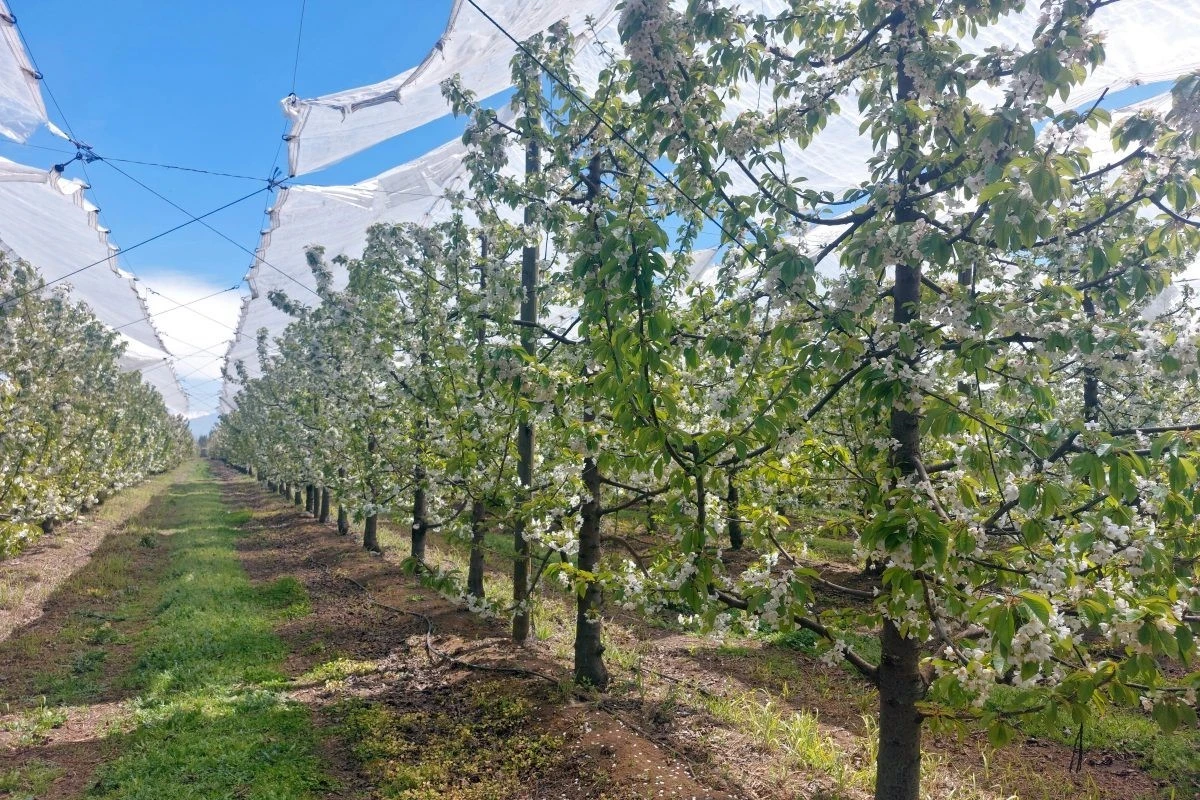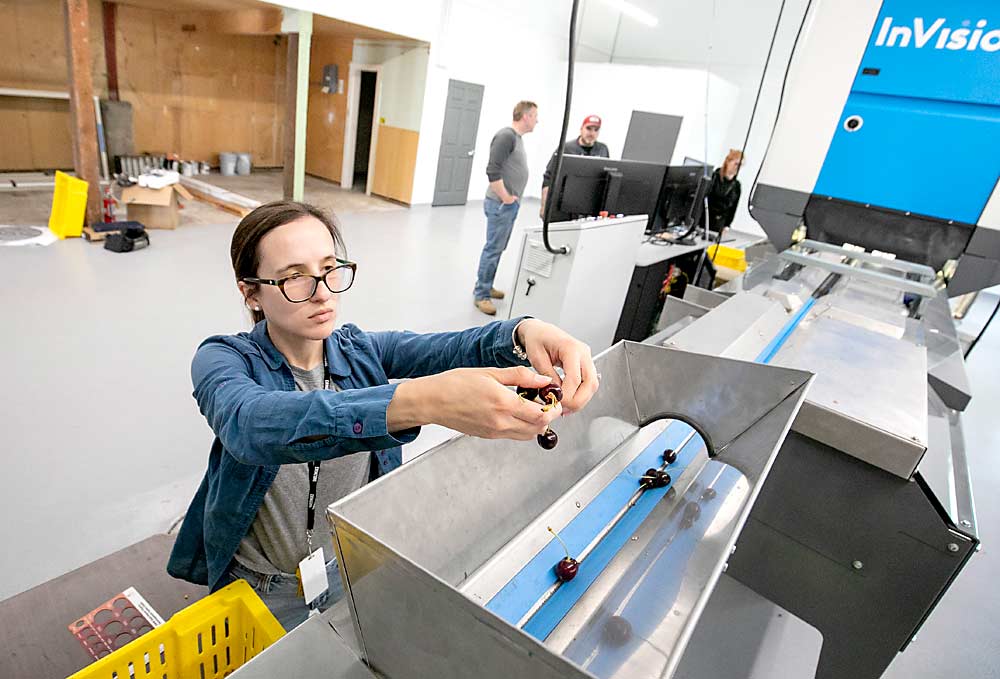When it comes to berry, stone fruit, and grape crops, the invasive spotted-wing drosophila (SWD) is a destructive pest. Agroscope and CABI are about to introduce a natural antagonist from the fruit fly's region of origin in East Asia for the first time in Switzerland. To determine whether this parasitic wasp can establish itself in Switzerland to control the SWD population and lessen production losses, trial releases have been made in the cantons of Jura and Ticino.
Between 800 and 1000 adult parasitic wasps (Ganaspis brasiliensis) will be released this week by researchers from Agroscope and the Centre for Agriculture and Bioscience International (CABI) in Delémont, Canton of Jura, in the vicinity of fruit that has been infected with SWD at specific locations in the Cantons of Jura and Ticino. The pest larvae should become parasitized by the wasps, at which point they will perish. Following the discharge, the scientists will closely watch the area to see if the parasitic wasp can establish itself in Switzerland. By doing this, SWD could eventually experience a natural counterweight that would prevent it from reproducing unchecked in the medium- to long-term.
What distinguishes this release from others? Ganaspis brasiliensis is not yet present in Switzerland, unlike previously released parasitic wasps that attacked the invasive brown marmorated stink bug in Zurich or the Comstock mealy bug in Valais. Thus, since the Swiss Release Ordinance went into effect in 2008, it is the first exotic beneficial bug to be released for biological pest management in Switzerland. In addition to being carried out this week in France, the same has already been done in Italy and the United States over the past three years. Initial research from these nations provides cause for optimism.
Red the full article: MyScience
Cherry Times - All rights reserved










